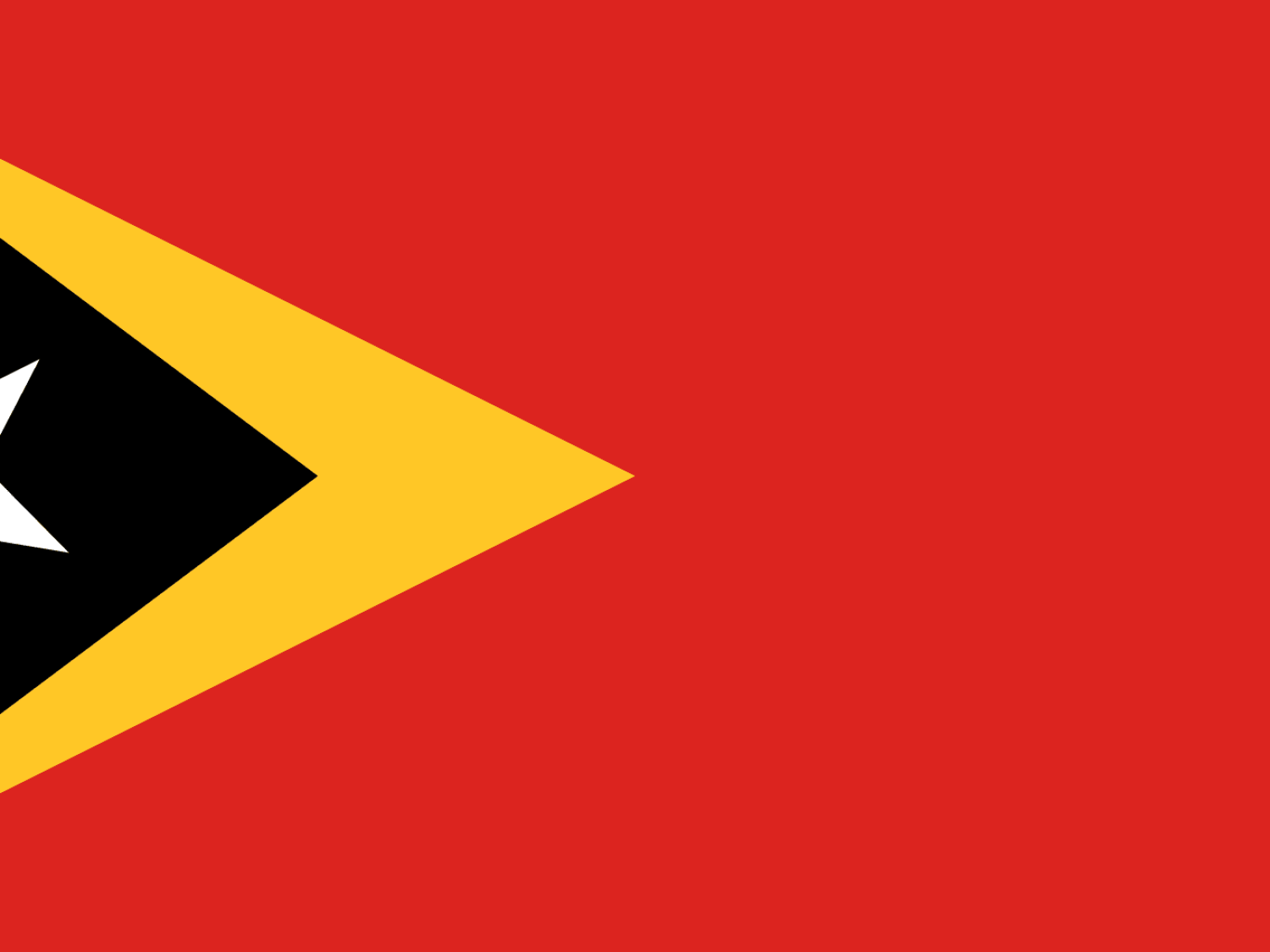Moving to East Timor
Simply move better with reloqio
✔️ Get offers free of charge – No obligation, no worres.
✔️ Quality-tested partners – Reliable and experienced.
✔️ Selection in your region – Find the perfect offer and save up to 45%.

Overview
Introduction to East Timor
East Timor, also known as Timor-Leste, is a small island nation in Southeast Asia, located to the north of Australia. The country is known for its rugged terrain, beautiful beaches, and rich cultural heritage. Having gained independence from Indonesia in 2002, East Timor is one of the youngest nations in the world. Despite its natural beauty and potential, East Timor faces significant challenges, including poverty, underdeveloped infrastructure, and a fragile political environment, making it a unique but complex destination for expatriates.
Why Move to East Timor
Moving to East Timor offers the opportunity to experience a country with a rich history and a strong sense of community. The country’s unspoiled natural environment, including pristine beaches and lush forests, makes it an attractive destination for those seeking adventure or wanting to contribute to its development. However, life in East Timor can be challenging due to limited infrastructure, healthcare facilities, and economic opportunities. Expatriates moving to East Timor should be prepared for a simpler lifestyle and should be motivated by a desire to engage with the local community and contribute positively to the country’s growth.
Cost of Living in East Timor
The cost of living in East Timor is relatively high compared to other Southeast Asian countries, largely due to the high cost of imported goods and limited local production. While housing and basic food items can be affordable, imported products, utilities, and services are often expensive. Infrastructure, including reliable electricity and internet, can be inconsistent, particularly outside the capital, Dili. As a result, expatriates may find that living costs can vary widely depending on their lifestyle and location within the country.
Visa and Residency
Types of Visas
East Timor offers several visa types, including tourist, business, and work visas. Tourist visas are relatively easy to obtain and can be extended for short periods, but they do not allow for employment. Work visas require sponsorship from an employer in East Timor and involve a more complex application process, including proof of employment and various legal documents. It’s important to ensure that you have the correct visa type before arrival, as visa regulations are strictly enforced.
Requirements for Obtaining Residency
Obtaining residency in East Timor typically requires a long-term work contract, sponsorship from a local employer, and proof of financial stability. The process can be bureaucratic and time-consuming, often requiring several visits to government offices and submission of various documents. For those planning to stay long-term, it’s advisable to seek assistance from local professionals who understand the legal and administrative processes involved in obtaining residency.
Renewing Residency
Renewing residency in East Timor involves renewing your work visa and residence permit, which requires ongoing employment and compliance with local regulations. The renewal process can be slow and requires early preparation to avoid lapses in legal status. It’s crucial to stay informed about any changes in visa regulations and to ensure all paperwork is submitted correctly and on time.
Finding Accommodation
Popular Neighborhoods in East Timor
In Dili, the capital, popular neighborhoods for expatriates include Farol, Lecidere, and Bairro Central, which offer a range of housing options from modest apartments to larger homes. These areas are close to amenities, embassies, and international organizations. Outside of Dili, housing options are more limited, and standards can vary significantly. It’s important to consider factors like proximity to work, security, and access to reliable utilities when choosing accommodation.
Renting vs Buying Property
Renting is the most common option for expatriates in East Timor, as buying property can be complicated by unclear land ownership laws and the need for legal expertise. Rental properties in Dili are available, but the market is small, and prices can be high, particularly for Western-style housing. Long-term leases are common, and it’s advisable to work with a local real estate agent or through your employer to find suitable housing. Buying property is possible, but it involves navigating complex legal processes, and it’s recommended to proceed with caution and thorough legal advice.
Tips for Finding Accommodation
When searching for accommodation in East Timor, consider factors such as location, security, and the availability of utilities like water and electricity. It’s advisable to inspect properties thoroughly before committing, as construction quality can vary widely. Engaging with local contacts or real estate agents can be helpful in navigating the housing market. Be prepared for a simpler standard of living compared to more developed countries, and ensure that your lease agreement is clear and legally sound.
East Timor’s location in Southeast Asia offers easy access to neighboring countries, providing opportunities for travel and exploration. For those interested in regional travel, the cultural richness and natural beauty of Indonesia, the diverse landscapes and historical sites of the Philippines, or the unique cultural experiences of Australia may be appealing options.
Settling In
Healthcare System in East Timor
The healthcare system in East Timor is underdeveloped, with limited access to quality medical care, particularly outside of Dili. Public healthcare facilities are basic and often lack necessary equipment and medications. Many expatriates rely on private clinics, but these can be expensive and still may not meet international standards. For serious medical issues, evacuation to nearby countries such as Australia or Singapore is often necessary. Comprehensive health insurance that includes medical evacuation coverage is strongly recommended for expatriates living in East Timor.
Education System in East Timor
Education options in East Timor are limited, particularly for expatriate families. There are a few international schools in Dili, but spaces are limited, and fees can be high. These schools often follow international curricula, but the quality of education can vary. Outside Dili, educational options are very limited, and local schools may not be suitable for expatriate children due to language barriers and lower standards. Families moving to East Timor should research schooling options thoroughly and consider alternative education methods if necessary.
Cultural Etiquette and Customs
East Timor has a rich cultural heritage, with a strong emphasis on community, family, and respect for tradition. Understanding and respecting local customs is essential for expatriates. This includes showing respect for elders, participating in community events, and being mindful of local practices and traditions. The country is predominantly Catholic, and religious customs play a significant role in daily life. Adapting to these cultural norms and engaging with the local community can greatly enhance your experience in East Timor and help you integrate more smoothly into the local society.
{filterable_table}
Ready for your move to East Timor? Get free quotes now!
Enquire about moving offers here and get quick answers with cost estimates.
It only takes 2 minutes and you can save up to 45% on your move to East Timor!
